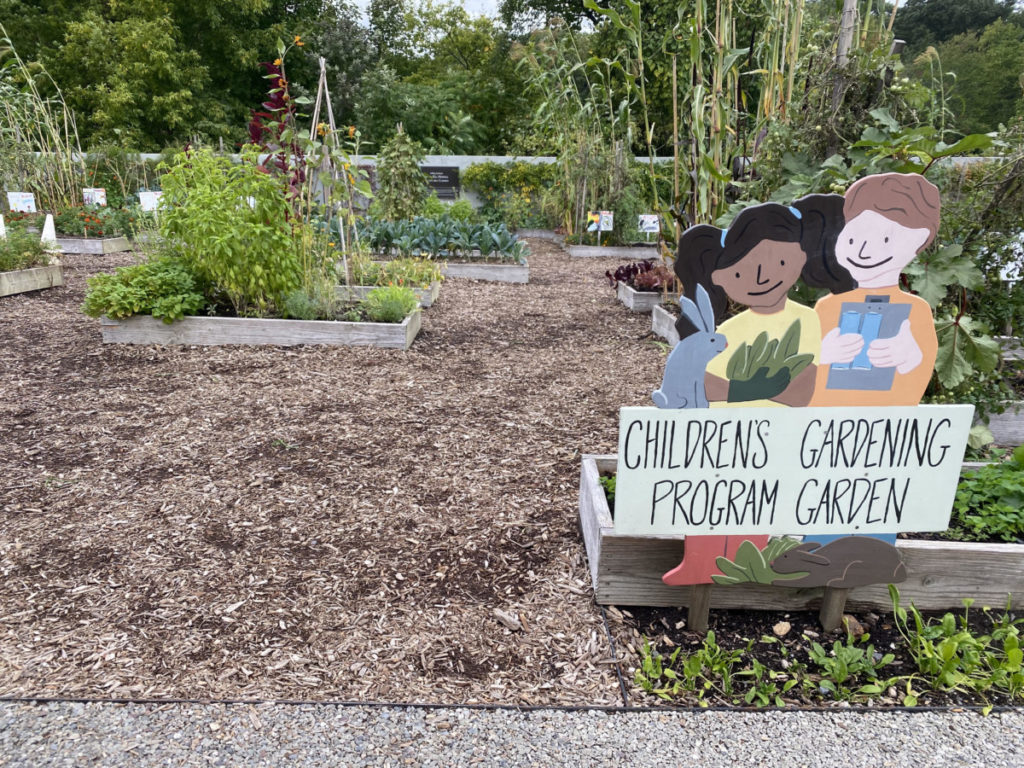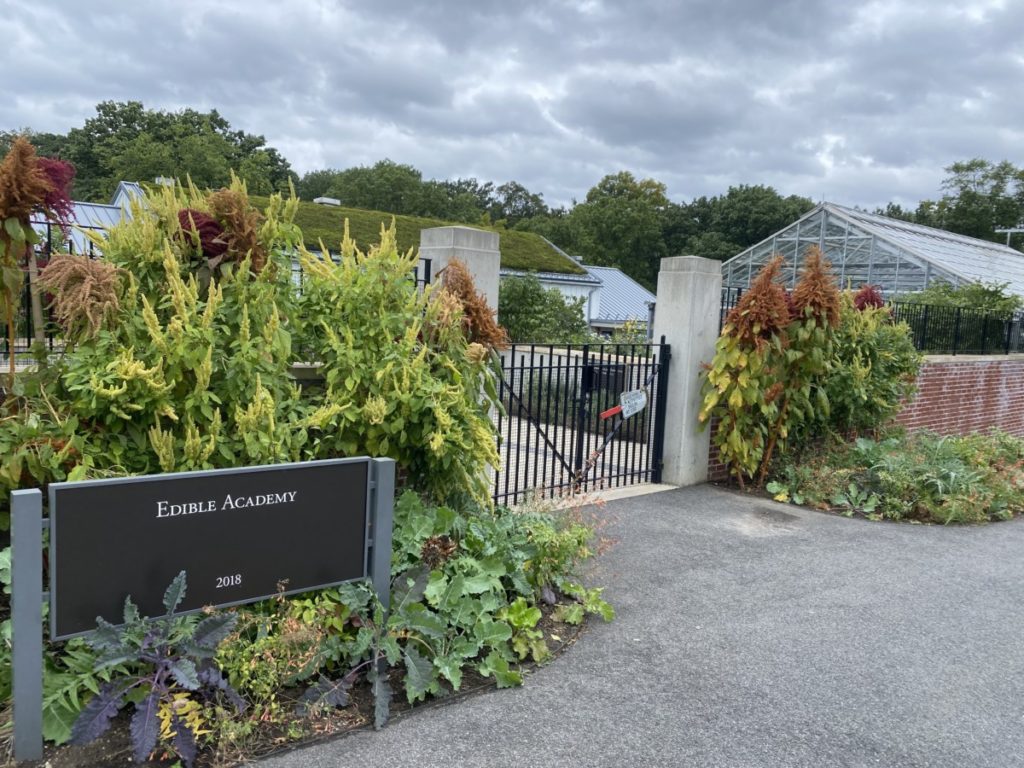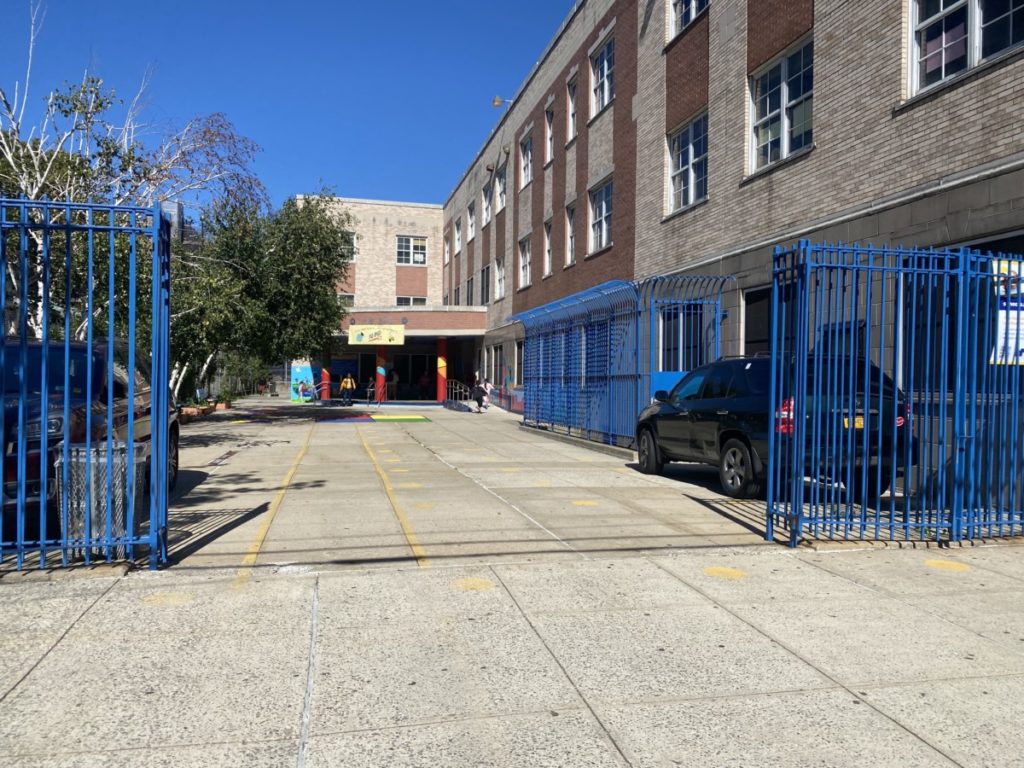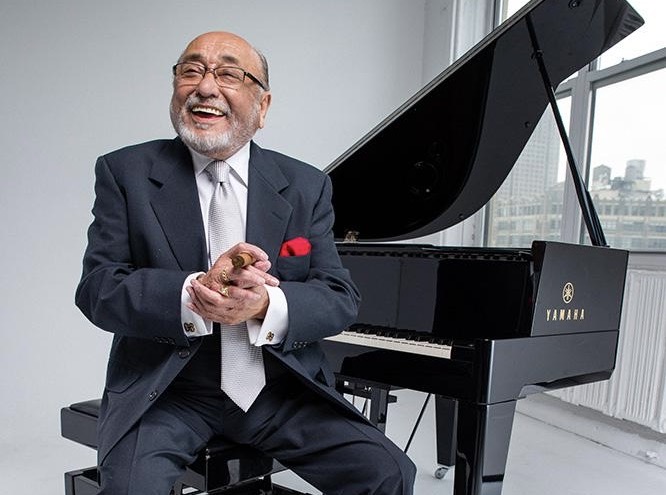Tension exists between mobile car washers, community members, and official car washing businesses in the Bronx.
Along Jerome Avenue, dozens of Bronx residents have set up vans, offering car washing services. It is unclear whether they have attained the proper licensing to do so.
During a community gathering held on Webster Avenue in April, community members raised concerns that the mobile car washing businesses were leading to an increase of trash, road safety issues, and draining fire hydrants of water. Official car washing businesses in the Bronx are also upset because they claim to be losing customers to the mobile sites.
“They’re stealing electricity from the city. They charge much less because they’re stealing,” said David Ruiz, owner of Fordham Car Spar.
The mobile car washers open fire hydrants in order to fill their tanks with water. They also buy portable generators which are mostly left in their vans overnight, posing possible danger. According to Mader electric, portable generators should not be stored inside vehicles because of potential leaking of gasoline fumes that if inhaled can lead to fainting and even death. Gasoline is also highly flammable according to the Independent Electrical Contractors Safety Data Sheet.
Ruiz of Fordham Car Spar claimed that the majority of mobile car washers do not have the paperwork to be registered as businesses. New York City’s Department of Consumer and Worker Protection (DWCP) requires car washing licenses for businesses that clean vehicles. However, licenses are not required if a business sells, leases, rents, or repairs motor vehicles, with car washing secondary to the primary business, or if car washing is available for customers to self-serve their vehicles.
While a few of the businesses on Jerome Avenue offer limited repair services, their primary business is car washing.
DWCP’s rules do not appear to be enforced on Jerome Avenue. “The police do nothing,” said Ruiz. This has been confirmed by several mobile car wash workers and managers who say the police do not bother them on a regular basis.
When asked about the official car washing businesses, mobile car washer Juan Juaroz Lopez said he “understand[s] why they’re angry.”
Cars are not allowed to park on Jerome Avenue Monday through Thursday between 8.30 and 10 a.m. But many of the vans used by mobile car washers are permanently parked on the street. At least two of the vehicles had flat tires and broken windshields which would make moving the vehicle impossible.
“We have been ticketed two or three times. We tried to move the car but we couldn’t. We asked for help but no one understood the problem,” said Yan Dieo who helps his stepdad run one of the businesses.
The vans and equipment get passed between members of the community. Lopez inherited his business from a friend who lived nearby.
“Everyone knows everyone here,” said Brian Hornandos, who is a customer of one mobile car wash on Jerome Avenue. “You also pay much more for the other car washes, like $45. I paid $25 for the same thing here.”








